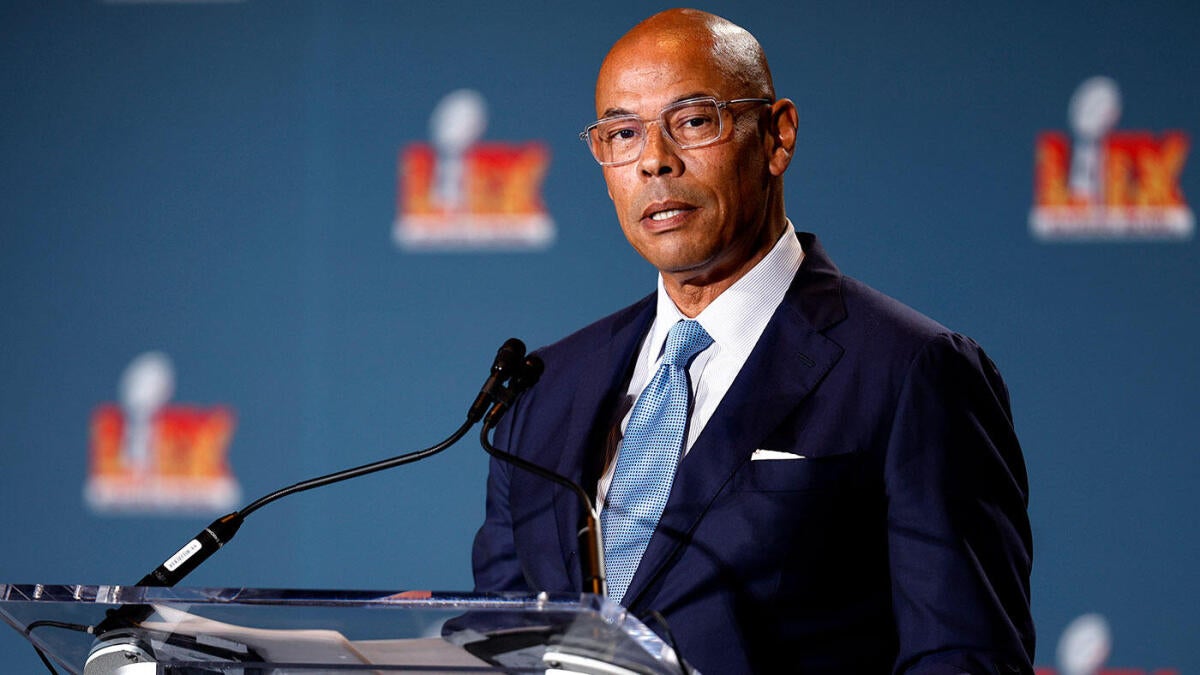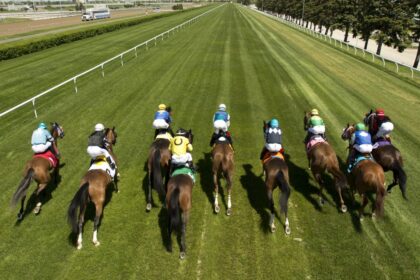Nearly four years ago, in October 2021, the NFL Players Association (NFLPA) representatives voted to appoint Demauris Smith as executive director without opening the position to an election, making Smith a somewhat ineffective leader. It was evident both before and after this vote that a new leader would eventually emerge to guide players and negotiate a lucrative next collective bargaining agreement that would secure significantly more money for them. This new leader is Lloyd Howell, who was selected through a discreet process by a small group of players in mid-2023 and is now in the third year of a five-year term. However, for the first time since taking office, there’s serious doubt about whether Howell should remain in his role.
Howell is under scrutiny due to concerns over conflicts of interest since he signed a non-disclosure agreement (NDA) with the NFL that concealed details of the league’s efforts to cut players’ guaranteed money. ESPN revealed that Howell is also a paid consultant for a private equity firm, the Carlisle Group, which the NFL has approved to buy ownership stakes in NFL teams, essentially representing league management. This dual role has raised alarms among players and others, creating a perception of a conflict that Howell and the players haven’t adequately addressed, eroding trust.
Howell faces two critical decisions: First, whether to resign from his paid consultancy with Carlisle to avoid conflicts, despite no fraud allegations and each side’s prior knowledge of his dual roles. Second, players must decide if Howell is the leadership they want or deserve amid these concerns. Howell’s choice seems straightforward: stepping away from Carlisle would eliminate even the appearance of a conflict. Players’ decisions, however, may be more challenging.
The process that brought Howell into leadership was deliberately secretive. About a dozen players formed an executive committee that, with a search firm’s help, narrowed candidates before Howell was selected in mid-2023. Howell came from a financial background, as former CFO at consulting firm Booz Allen Hamilton, with little sports or labor experience. Some anticipated the union would choose someone with a football background after former leaders’ political struggles, but choosing Howell signaled a focus on maximizing players’ financial share in future negotiations. With the collective bargaining agreement secured through 2031, the union could prepare early for the next labor battle.
Howell’s external roles include sitting on three boards and serving as an operational executive for Carlisle, earning salaries sometimes exceeding what veteran NFL players make. His consultancy with Carlisle is especially contentious since the firm manages $381 billion in assets and is authorized to buy NFL team ownership stakes. Despite a warning in 2023 to consider ending his involvement with Carlisle, Howell continued.
This situation exposes Howell and the union to possible conflicts between his loyalty to Carlisle and his responsibility to the players he represents, raising questions about transparency and economic interests. No fraud accusations have surfaced, and Carlisle has yet to buy NFL team equity, but the optics are troubling. Having access to NFL league information could give Carlisle an unfair advantage, conflicting with Howell’s duty to put players first.
Howell could quickly resolve this by resigning from Carlisle with a statement reaffirming his commitment to the players and eliminating distraction and suspicion. This decisive move would demonstrate his prioritization of players over financial entanglements.
Despite limited opportunities for major deals in recent years, Howell’s tenure lacks significant achievements. He oversaw the NFLPA’s ongoing investigations and avoided public media presence during a “listening tour” meeting with teams and players. Controversies during his term include his former employer settling a DOJ whistleblower case, staff buyouts within the union, ongoing FBI probes into NFL and MLB license group OneTeam, and a confidential arbitration decision that limited the union’s transparency on league financial practices. The arbitration revealed NFL attempts to reduce player-guaranteed money but did not prove illicit collusion.
The NFLPA now faces crucial upcoming negotiations, including international expansion plans, a possible new media rights deal, pay cap restructuring, and the controversial 18th regular-season game—all demanding a leader trusted by players. Many doubt Howell’s ability to unite players for these challenges.
While the story is complex and lacks significant media pressure, the timing—right before training camp—adds intensity. Players may hesitate to remove Howell just four years after a fraught leadership change that nearly derailed progress. Howell’s financial background brought stability but now risks alienating players due to perceived conflicts.
What happens next depends on Howell’s willingness to address these conflicts and regain player trust. As one insider said, “The game belongs to the players,” and true leadership means uniting them first before negotiating with owners.
—
Fan Take: This controversy surrounding Lloyd Howell matters deeply to NFL fans because the leadership of the NFLPA directly impacts player negotiations that shape the league’s competitive balance and player welfare. Trustworthy, transparent leadership is essential to ensure players are fairly represented in future deals that affect everything from salaries to season length, influencing the very future of the sport fans love.



